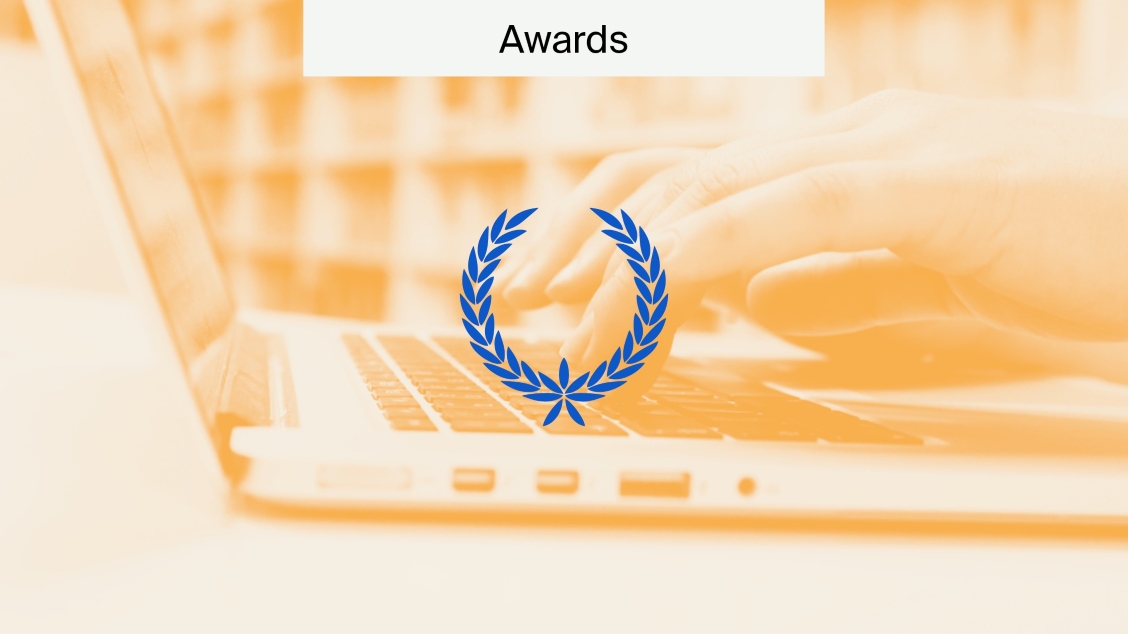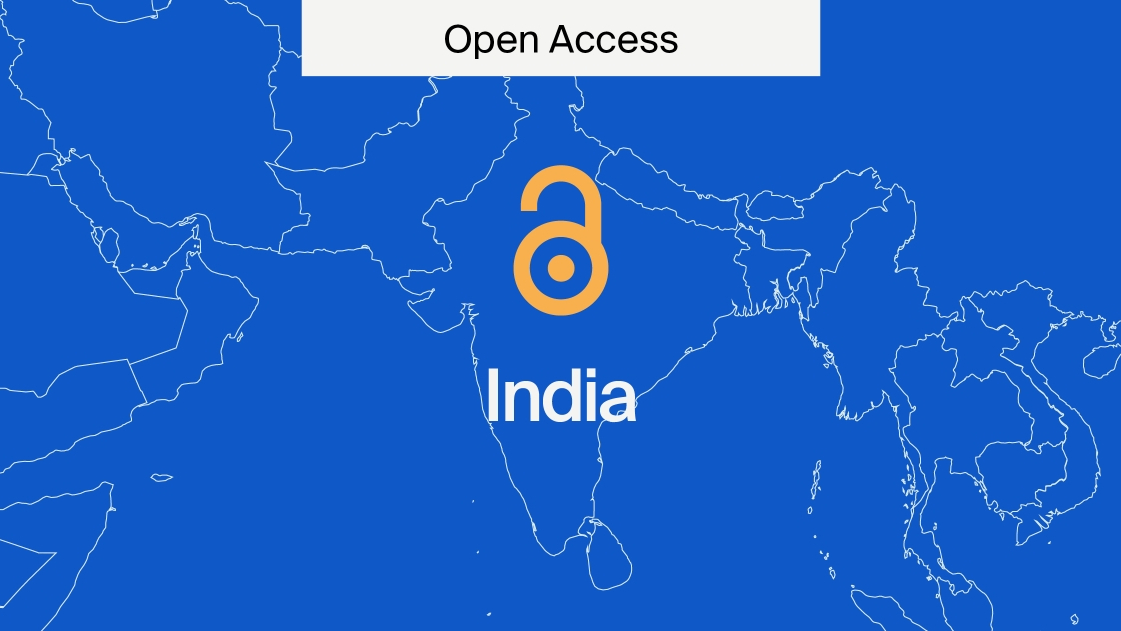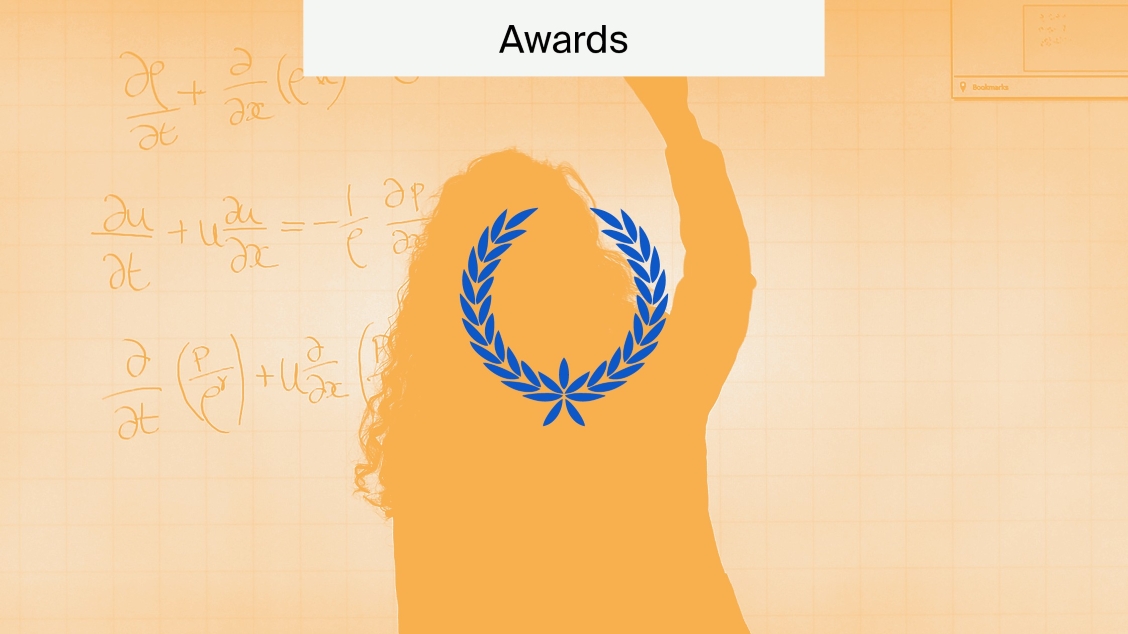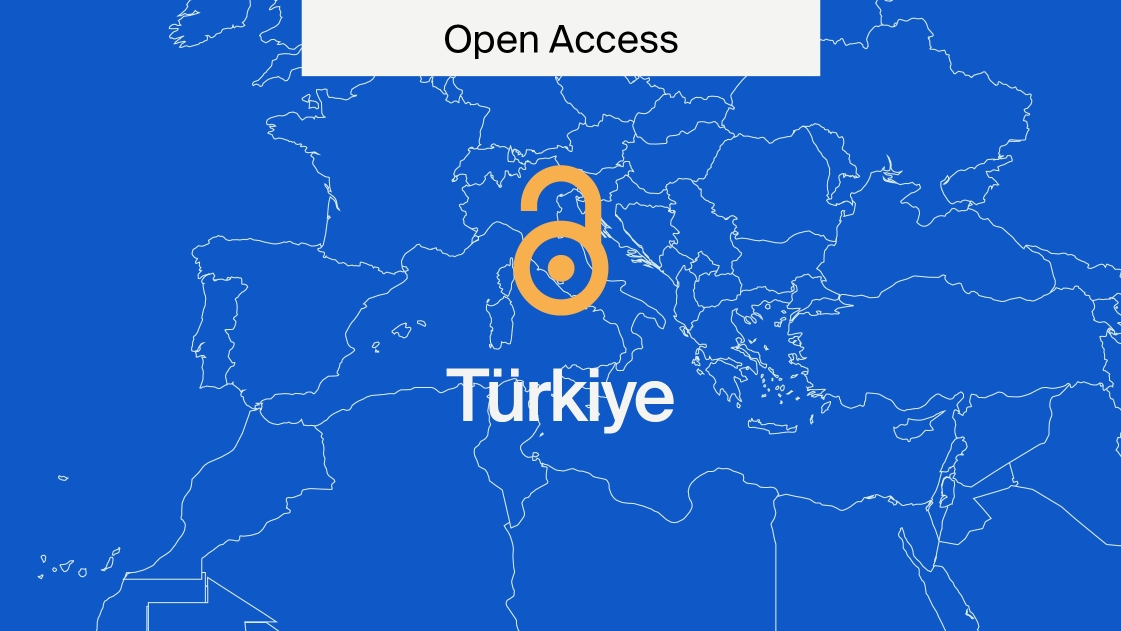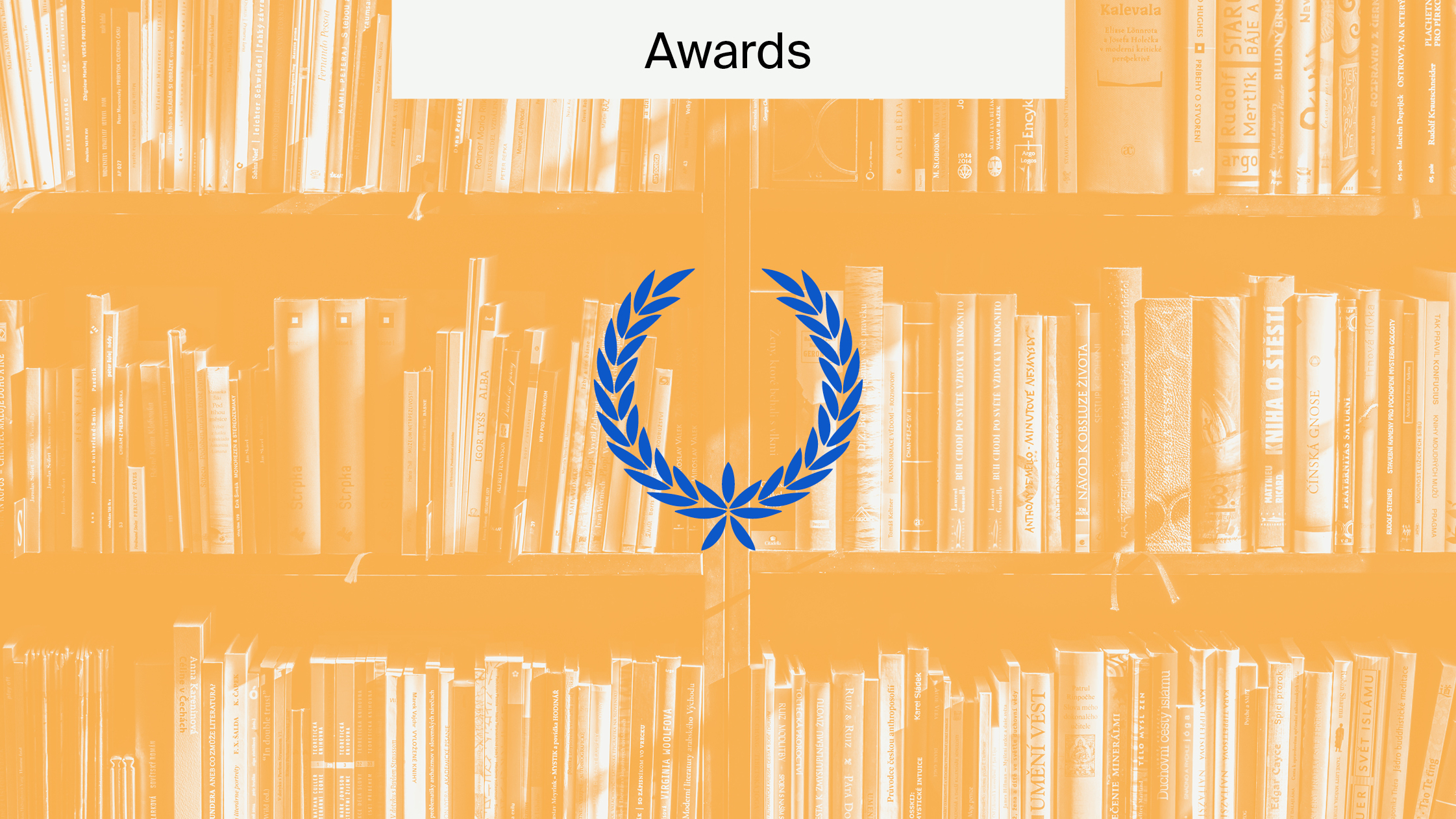
How To Conduct A Literature Review For Your Thesis
Literature reviews are a vital part of academic theses. They help students develop knowledge of their chosen fields and identify boundaries, gaps, and themes in the literature. Conducting these reviews effectively is paramount to success in academia, giving students the chance to think critically about their subject matter and further the field.
Here, we look into how to conduct a successful literature review and thus write a high-quality thesis.
1. Define the scope of your review
Once you’ve decided on a specific research question, you have to decide on the comprehensiveness of your literature review. There are many factors you must decide on before you begin: What specific topics will you cover or omit? What level of detail is required for each? Is there any work from other disciplines that could be relevant?
Deciding on these parameters will provide an invaluable framework to structure your review and should hopefully lend the resulting work a high level of clarity.
2. Determine keywords and search terms
Most people’s first port of call when searching the literature is trawling through large databases of research. Without specific search terms, however, you can find yourself contending with thousands of articles only tangentially related to your work.
By ensuring your keywords are focused and specific, you can save crucial time and ensure the results contain the most relevant articles to your research. Making them too specific, however, can filter out valuable papers. So, testing out and revising your list is crucial to strike the right balance.
3. Filter your search results
After you’ve conducted your preliminary search, you can then begin refining your results. Reading the abstracts of the shortlisted papers will enable you to quickly determine their relevance to your research question. Thus, you can methodically make your way through the list and use only the most applicable as the foundation of your work.
It’s also important to make sure that you factor in the dates the papers were published. Some fields revolve around cutting-edge research, so making sure you’re only incorporating the most up-to-date information is crucial. Alternatively, for other subjects it may be more suitable to include older research.
Also, looking at the reference lists of relevant papers can also help you find related articles that you may otherwise have missed. This is a good way to identify key authors and citations and build a web of high-quality, relevant research.
4. Critically evaluate sources
Assessing the validity of the papers you have shortlisted will allow you to identify potential limitations in your own work, gaps in the field, and areas for future research. It also means you’re only using the very best research to build upon.
Additionally, making detailed notes and putting it into your own words further consolidates your knowledge and understanding of your topic.
5. Identify overarching themes
Seeing where ideas and different papers interlink is crucial. This will allow you to group and organise concepts so your work is structured logically and flows effortlessly from one point to the next. A coherent structure aids comprehension, meaning readers come away with a better understanding of your field.
Identifying trends and patterns is also crucial for forecasting areas of future research, and can help you guide future researchers to valuable results.
For more information on planning your thesis or dissertation, read our previous articles on and 5 tips to help you write your dissertation and the benefits of getting your thesis proofread.
Once you’ve conducted your literature review and finished your thesis, the next step is editing your work. We offer our language editing services to students completing their theses. We provide a comprehensive language edit, correcting grammar, punctuation, and phrasing.
Our team of highly skilled English editors have edited over 60,000 papers, with a 97% author satisfaction rate. Our services are available to both MDPI authors and those publishing with other journals. Visit the link above to get a free quote today.


